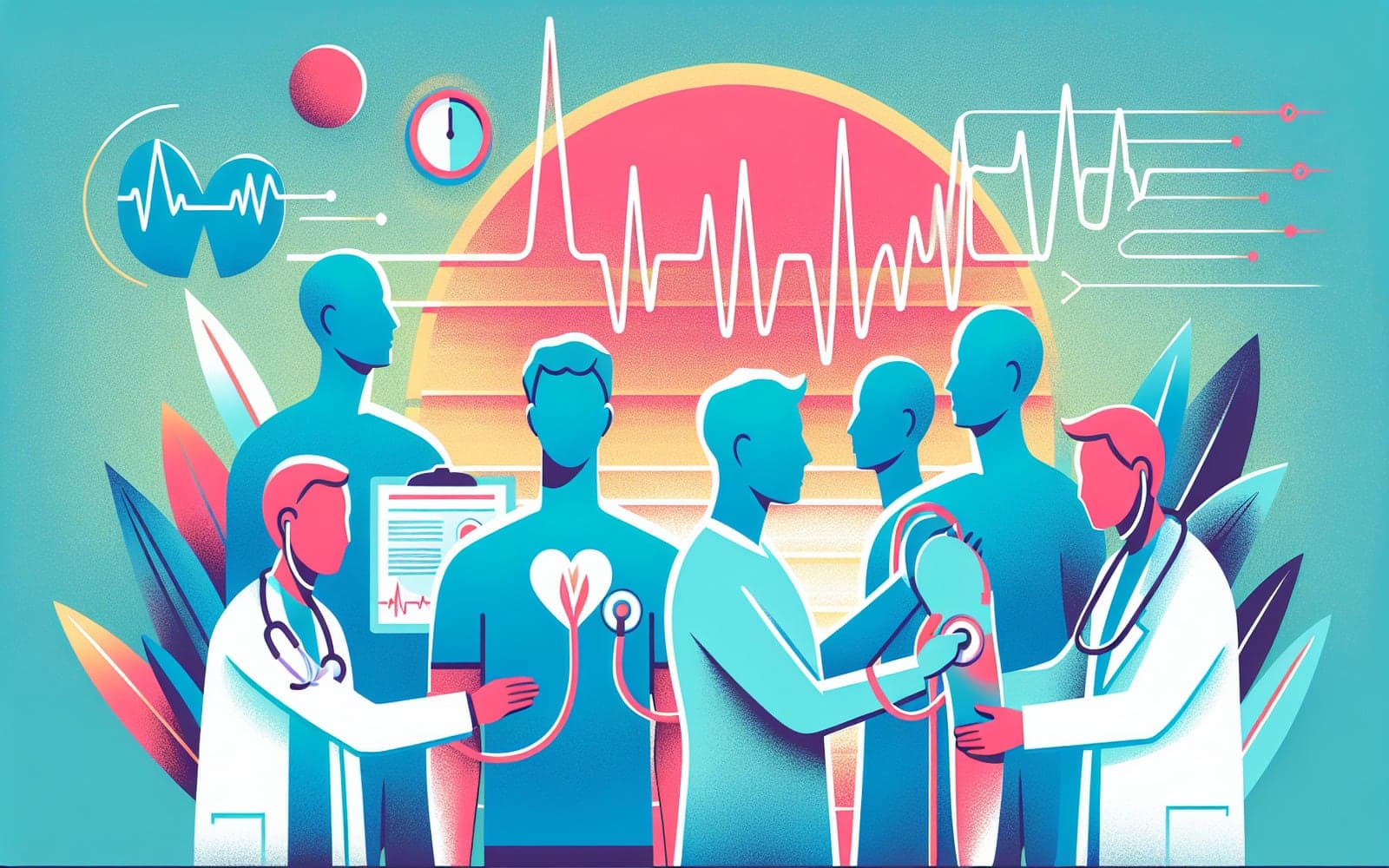The Truth About Syncope Tests: What You Need to Know
Published: Feb 22, 2024
Testing plays a crucial role in diagnosing syncope. Knowing which tests are necessary can save time, reduce stress, and avoid unnecessary procedures.
Contents
Initial Tests for Syncope
Doctors usually start with a physical exam and an ECG to assess heart health. These initial tests can often clarify the cause of syncope. If the diagnosis remains uncertain, additional tests may be needed to confirm or rule out specific conditions.
Advanced Diagnostic Tools
Tilt-table tests, ambulatory ECG monitoring, and insertable cardiac monitors are used for more in-depth analysis. These tests help identify rare or complex causes of syncope, especially when initial tests are inconclusive. They are selected based on the suspected frequency and nature of syncope episodes.

When Neurologic Tests Are Needed
Neurologic tests like EEGs or brain imaging are rarely necessary for syncope. They are mainly used when there is suspicion of seizures or other neurologic conditions. Most cases do not require these tests unless syncope is accompanied by concerning symptoms.
Frequently Asked Questions
It's a test to determine how your body reacts to changes in posture.
It's used to monitor heart rhythm for extended periods to catch infrequent episodes.
Usually not, unless there's a suspicion of neurologic issues.
Some tests may be avoided with a clear diagnosis from initial evaluations.
Key Takeaways
Choosing the right syncope tests can lead to accurate diagnosis and effective treatment.
Unsure about syncope testing? Chat with Doctronic for guidance on the right tests for you.Related Articles
References
Kohno R, Abe H, Benditt DG. Ambulatory electrocardiogram monitoring devices for evaluating transient loss of consciousness or other related symptoms. J Arrhythm 2017; 33:583.
Always discuss health information with your healthcare provider.

